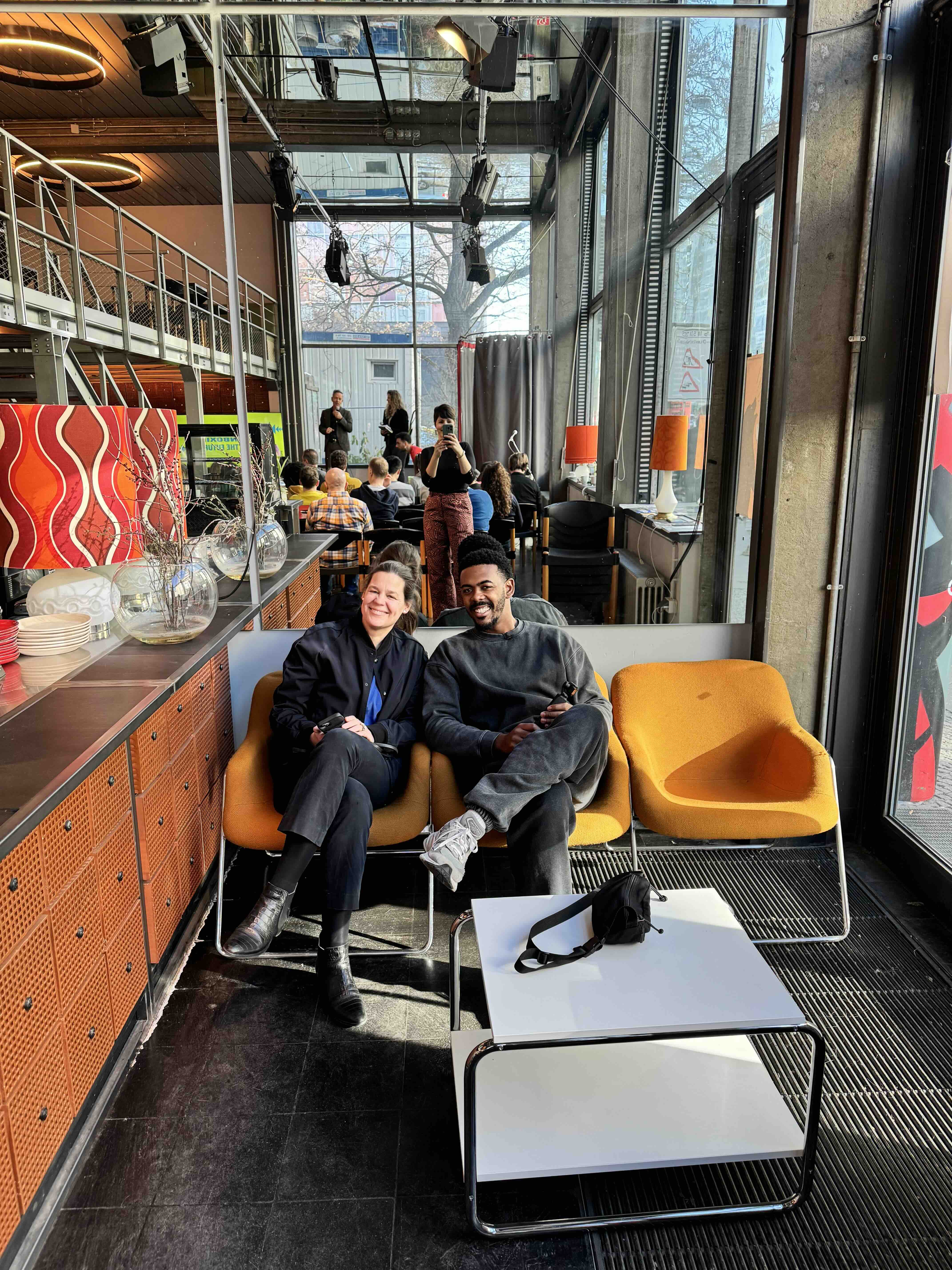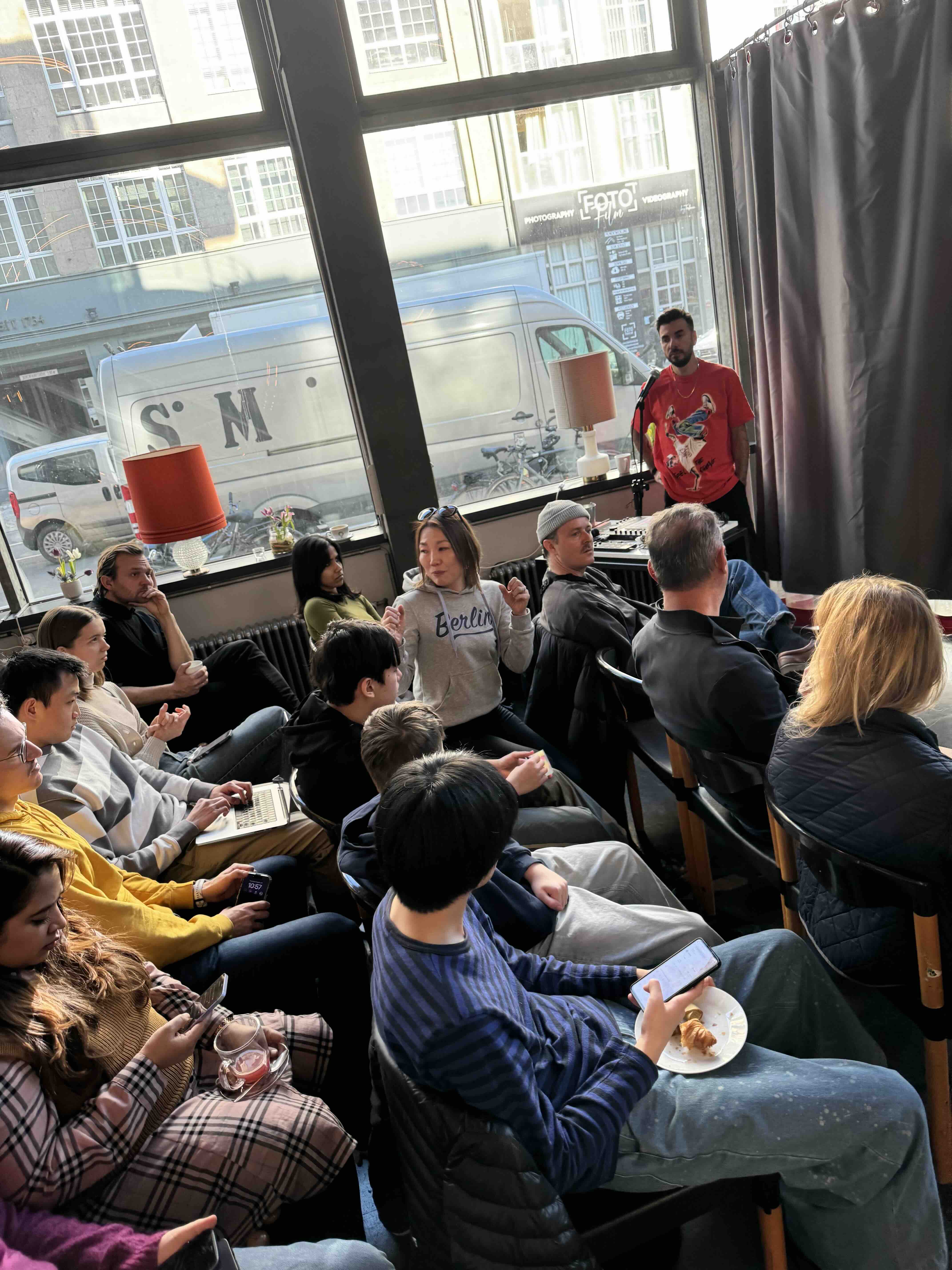What makes a city not just grow, but thrive?
For Rainer Seider, Head of the Unit of International Affairs at the Senate Chancellery of Berlin, the answer lies in one word: diversity. At a time when global divisions are deepening, Rainer's perspective feels both urgent and visionary. In this Unboxing The Future episode, we explore how Berlin—once a divided city known for classical music—evolved into one of the world’s most dynamic startup and innovation ecosystems.
From city diplomacy to cultural bridges, Rainer unpacks the strategies behind Berlin’s internationalisation journey—and why founders and leaders need to pay attention.
Berlin’s transformation didn’t happen in isolation. According to Rainer, a key ingredient was building a global ecosystem of relationships—what he calls the "invisible infrastructure" of city success. Through initiatives like Asia-Berlin, the city connected with cultural and business ambassadors across continents, creating bridges that opened new markets and opportunities.
For founders, these networks aren’t just symbolic—they’re tactical pathways to scale globally.
“People used to come to Berlin for the Philharmonic,” Rainer jokes on stage. But today, it's also known for its unicorns and coworking hubs. He walks us through how Berlin, once culturally rich but economically quiet, pivoted in the early 2000s to become a magnet for startups. With creativity, affordability, and openness on its side, Berlin’s brand became synonymous with possibility.
This shift didn’t just change the city’s economy—it redefined its identity.
While France has successfully branded its innovation sector globally through French Tech, Rainer notes that Germany lacks an equivalent. He challenges the local ecosystem to step up its game—to provide visibility, support, and international pathways for startups born in Berlin and beyond. It’s not just about exporting talent, but about positioning Germany as a global innovation leader.
Rainer’s belief is clear: diversity isn’t a nice-to-have—it’s the magic behind every thriving city. But being “open” isn’t enough. Cities must ensure people feel seen, valued, and supported. Selective openness, he argues, risks everything Berlin stands for.
In his words, “You're either an open city, or you're not.” It's a powerful reminder for policymakers, founders, and creatives alike.
-----------------------------
If there’s one thing Rainer Seider’s journey teaches us, it’s that building an international city—or business—starts with human connection. Here’s how he suggests we can shape a more inclusive, innovative, and globally connected future:
Cities and startups don’t succeed in isolation. Rainer’s work shows that building international bridges—not just dominating markets—is what drives long-term success. The Asia-Berlin network, for example, isn’t just symbolic—it’s a powerful tool for founders to expand their vision, access new markets, and create sustainable growth through collaboration, not rivalry.
Berlin’s success came from tapping into existing ecosystems and creating new ones. Founders should actively explore city-run programs, cross-border initiatives, and ambassador networks that offer real-world access to new ideas, resources, and markets. These aren’t passive opportunities—they’re accelerators waiting to be used.
How a city—or a startup—positions itself matters. Berlin moved from symphonies to startups by owning a new story. Founders can do the same: clarify what you stand for, tell that story consistently, and let the world rally behind it.
Diversity isn’t a checkbox or a brand—it’s the driving force behind innovation. Whether you’re hiring, expanding, or building culture, inclusion must be intentional.
-----------------------------
On February 20th, we brought the conversation live to hear the audience takes on the Future of Berlin Internationalisation
Check here the video recap of the live event!

-------------------------------


.gif)















Take part in the conversation, come to the release events, suggest topics, meet the guests